Elisabetta Rattalino
Elisabetta Rattalino is a Postdoctoral Research Fellow at the Faculty of Design and Art of the Free University of Bolzano, where she researches collaborations between artists, designers and scientists ('Scientific Visualisations: Impact on Practice') and teaches 'Theories and Languages of Visual Communication'.
Elisabetta holds a PhD in Art History from the University of St Andrews (Scotland, 2018). Her thesis, titled 'The Seasons in the City. Artists and Rural Worlds in the Era of Calvino and Pasolini', examined constructions of rurality in 1970s Italy through the experimental rural-themed artworks and design projects by Gianfranco Baruchello, Mirella Bentivoglio, Claudio Costa, Piero Gilardi, Maria Lai, Pino Pascali, Giuseppe Penone, and Superstudio. Elisabetta’s research has been presented internationally (i.e. New York - CAA Annual Conference, 2019; Quebec City - Université Téluq, 2019; University of Cork - Migration, Memory and Material Culture, 2018; University of Florence - Cross-Disciplinary Urban Space Conference, 2018) and supported by CIMA - Centre for Italian Modern Art (New York, 2018), Margaret and Alfred Forrest Trust (Edinburgh, 2014-2016) and the Master dei Talenti della Società Civile (Turin, 2013).
Prior to her PhD, Elisabetta obtained a 'Master in Landscape, Art and Culture Management' from the Trentino School of Management (Trento, 2011), an MA in 'Storia dell’arte' from the University of Urbino (2010) and a BA in 'Scienze dei Beni Culturali' from the University of Turino (2007). Since 2010, Elisabetta has been collaborating with artists and organisations in the field of socially-engaged arts both in Italy (i.e. Cittadellarte - Fondazione Pistoletto, Biella; Kaninchenhaus, Turin; BAU, Bolzano) and in Scotland (Deveron Projects).
Elisabetta holds a PhD in Art History from the University of St Andrews (Scotland, 2018). Her thesis, titled 'The Seasons in the City. Artists and Rural Worlds in the Era of Calvino and Pasolini', examined constructions of rurality in 1970s Italy through the experimental rural-themed artworks and design projects by Gianfranco Baruchello, Mirella Bentivoglio, Claudio Costa, Piero Gilardi, Maria Lai, Pino Pascali, Giuseppe Penone, and Superstudio. Elisabetta’s research has been presented internationally (i.e. New York - CAA Annual Conference, 2019; Quebec City - Université Téluq, 2019; University of Cork - Migration, Memory and Material Culture, 2018; University of Florence - Cross-Disciplinary Urban Space Conference, 2018) and supported by CIMA - Centre for Italian Modern Art (New York, 2018), Margaret and Alfred Forrest Trust (Edinburgh, 2014-2016) and the Master dei Talenti della Società Civile (Turin, 2013).
Prior to her PhD, Elisabetta obtained a 'Master in Landscape, Art and Culture Management' from the Trentino School of Management (Trento, 2011), an MA in 'Storia dell’arte' from the University of Urbino (2010) and a BA in 'Scienze dei Beni Culturali' from the University of Turino (2007). Since 2010, Elisabetta has been collaborating with artists and organisations in the field of socially-engaged arts both in Italy (i.e. Cittadellarte - Fondazione Pistoletto, Biella; Kaninchenhaus, Turin; BAU, Bolzano) and in Scotland (Deveron Projects).
Courses with Elisabetta Rattalino
| Course | Academic staff | Program | Semester |
|---|---|---|---|
| B is for Bauhaus | Gianluca Seta, Elisabetta Rattalino | BA Major Design | 2021/22 WS |
| Things that talk | Mauro Vincenzo Bubbico, Gianluca Camillini, Elisabetta Rattalino | BA Major Design | 2020/21 SS |
Projects by Elisabetta Rattalino
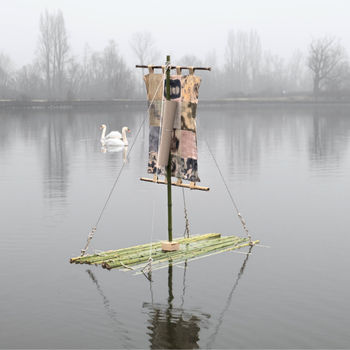
Chiara Cunoci
With what approach can we navigate toward a better future?
Degree Project

Arianna Casarin
history and memory, how do they intersect? Is it important to remember our past?
Degree Project

Stefano Lattuada
How did infrastructures reshape the Alpine landscape?
Degree Project
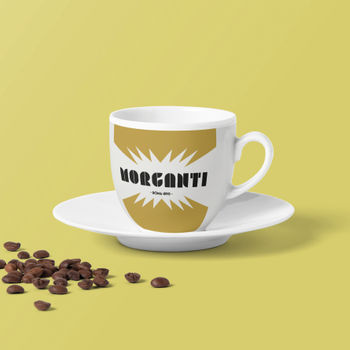
Sergio Maria Morganti
How can I make a new brand identity for a historical family coffee company?
Degree Project

Maximilian Obexer
Can photography turn technical artifacts into sculptures?
Degree Project
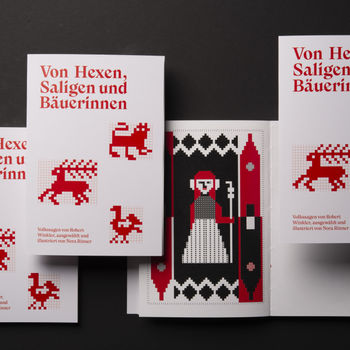
Nora Rinner
Can needlecraft be a narrative tool?
Degree Project
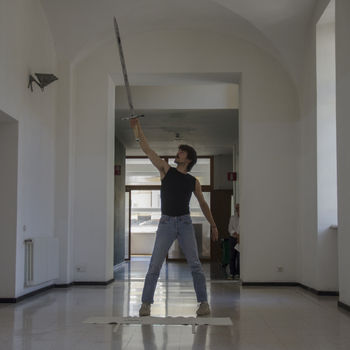
Filippo Contatore
What can I do with a sword?
Degree Project

Anna Girardi
Is it possible to revitalise an urban space through a magazine?
Degree Project

Sofia Zorzi
What happens to a person who forgets he or she has a body that can perceive?
Degree Project
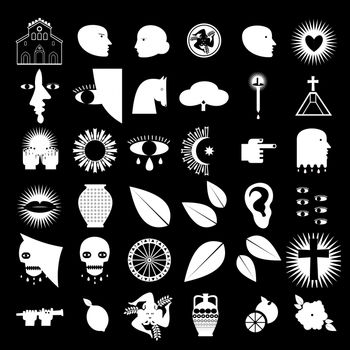
Teresa Carretta
Isabella da Messina
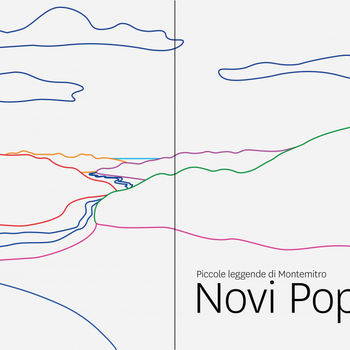
Alessandro Daniele
Novi Pop: Piccole Leggende di Montemitro
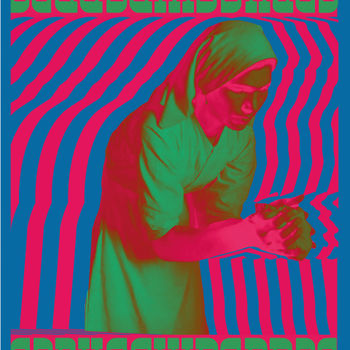
Giulia Olivieri
Are you ready to be poisoned?
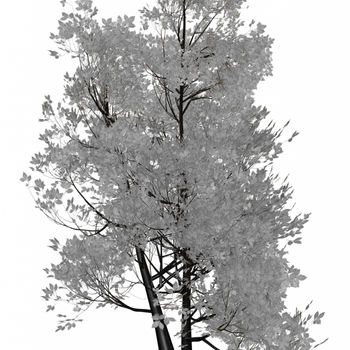
Teresa Carretta
Can we programme a tree?

Riccardo Fresch
If you could design a plant, how would it look like?
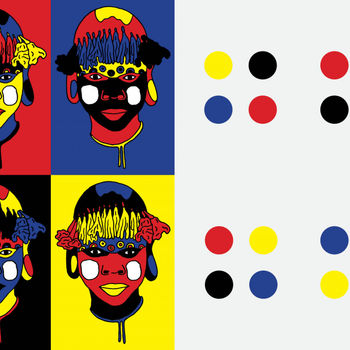
Nicole Magagnotti Panizza
How are Ethiopian tribes connected to nature?
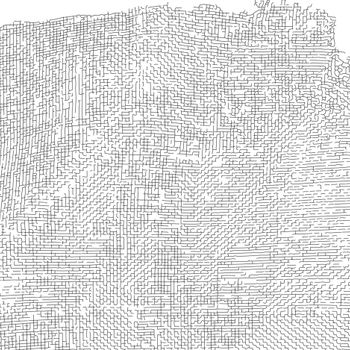
Teresa Carretta
What story does the old orchard tell about my family?